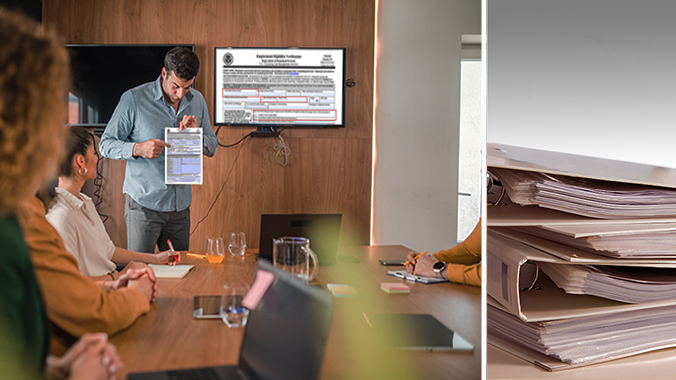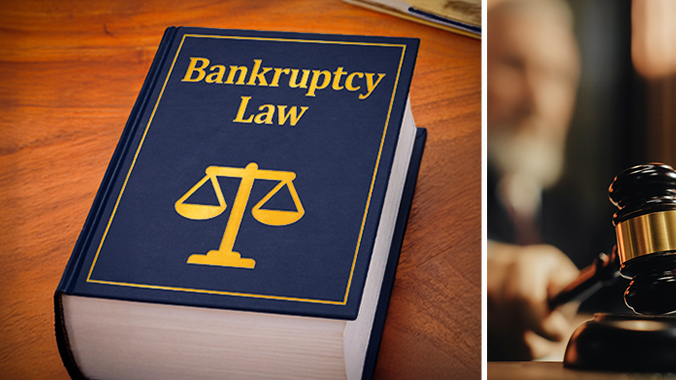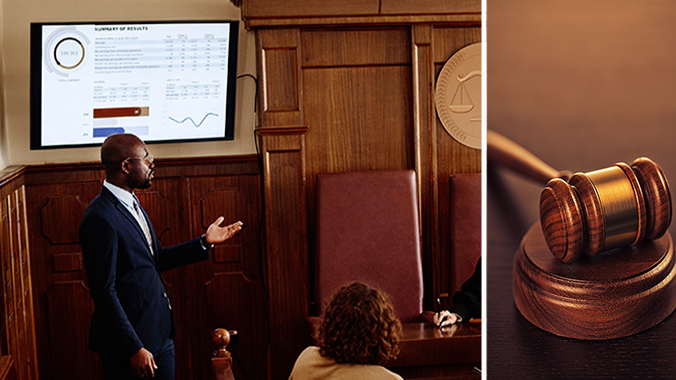Commercial Contracts: Drafting and negotiating effective damages provisions

Steven M. Richman holds a law degree from New York University School of Law and is a member of Clark Hill PLC, based in Princeton and New York, with national and international litigation, arbitration and appellate practice.

Tim Murray is the lead author of the landmark Corbin on Contracts family of contract law texts for Lexis.
2 hour CLE
Get this course, plus over 1,000+ live webinars.
Learn More
Program Summary
In commercial contracts, carefully crafted damages provisions are essential to protect clients from unanticipated liabilities and minimize disputes. This CLE provides attorneys with a comprehensive understanding of the types of recoverable and non-recoverable damages, including compensatory, direct, incidental, and consequential damages. Attendees will learn practical strategies for drafting clear and enforceable provisions, negotiating waivers and limitations, and integrating termination and liquidated damages clauses effectively. With insights from case law and practical examples, this program equips attorneys with the tools needed to reduce ambiguity, manage risks, and ensure consistency throughout the contract.
This course is co-sponsored with myLawCLE.
Key topics to be discussed:
- Understanding and categorizing damages in commercial contracts
- Summary of damage provisions in contracts
- Types of recoverable damages
- Best practices for limiting liability through waivers
- Non-recoverable damages
- Drafting and negotiating effective damages provisions
- Strategies for negotiating damages provisions
- Termination provisions
- Liquidated damages clauses
- Integrating damage provisions into the contract
- Practical tips for attorneys
![]() Closed-captioning available
Closed-captioning available
Speakers
 Steven M. Richman | Clark Hill
Steven M. Richman | Clark Hill
Steven M. Richman holds a law degree from New York University School of Law and is a member of Clark Hill PLC, based in Princeton and New York, with national and international litigation, arbitration and appellate practice. Book publications include the Photography Law Handbook and has written and spoken extensively in the areas of international law, business and human rights, contracts, litigation and arbitration, and professional responsibility. He is a past chair of the American Bar Association’s International Law Section, serves in its House of Delegates, and is the ABA Representative to the United Nations. He is the Senior Vice Chair of the International Bar Association’s Bar Issues Commission and co-chair of the IBA Wellness Commission and serves as a Director-Rule of Law for the UIA-IROL (International Association of Lawyers Institute for the Rule of Law). He currently serves on the Business and Human Rights Committee (formerly the working group) and was a co-chair of the NYCBA 2021 conference “UNGP + 10”).
He has extensive cross border dispute resolution experience in both litigation and arbitration. He serves as a neutral on the American Arbitration Association consumer panel and is on the mediation list for the United States District Court for the District of New Jersey. He has served as an American Bar Association advisor to the Uniform Law Commission on asset freezing orders as well as on the Hague Judgments Convention, Singapore Mediation Convention, and the Choice of Courts Agreements Convention. He has spoken and written extensively on cross border arbitration, enforcement of judgments and interim relief issues.
Publications around business and human rights include Ethical Issues for Business Lawyers Under the United Nations Guiding Principles, 51 Int’l Law. 423 (2018) and the chapter titled Lawyers’ Ethical Obligations and Human Rights Due Diligence in the book A Guide to Human Rights Due Diligence for Lawyers (ABA 2023). He is the ABA Representative to the Uniform Law Commission Supply Chain Transparency Study Committee, and past member of ABA Center for Human Rights Advisory Council, and a special advisor to the ABA Rule of Law Initiative board. He is a recipient of the American Bar Association’s International Law Section Leonard J. Theberge Award for Private International Law (2022) as well as the Section’s Lifetime Achievement Award (2023).
 Timothy Murray | Murray, Hogue & Lannis
Timothy Murray | Murray, Hogue & Lannis
Tim Murray is the lead author of the landmark Corbin on Contracts family of contract law texts for Lexis. He is responsible for updating, revising, and rewriting the multi-volume treatise, and for the past several years has worked to expand it.
Mr. Murray, a partner with Murray, Hogue & Lannis in Pennsylvania, has represented numerous businesses and individuals in all manners of contract matters. He has lectured extensively on contract law. He is licensed to practice law in Pennsylvania.
Agenda
I. Understanding and categorizing damages in commercial contracts | 1:00pm – 2:00pm
- Summary of damage provisions in contracts
- Importance of precise language to minimize liability
- Key risks of poorly drafted provisions
- Types of recoverable damages
- Compensatory damages: Definition and scope
- Direct damages: Natural consequences of a breach and common examples
- Incidental damages: Mitigation efforts and their associated costs
- Consequential damages: Indirect impacts, including loss of profits, income, and property damage
- Best practices for limiting liability through waivers
- Non-recoverable damages
- Speculative, remote, and punitive damages: Definitions, examples, and why they are excluded
Break | 2:00pm – 2:10pm
II. Drafting and negotiating effective damages provisions | 2:10pm – 3:10pm
- Strategies for negotiating damages provisions
- Drafting clear and enforceable terms
- Expressly limiting categories of recoverable damages
- The role of waivers for consequential and incidental damages
- Termination provisions
- Structuring termination clauses to include fair and reasonable termination fees
- Calculating fees based on unpaid goods/services or lost profits
- Liquidated damages clauses
- Key elements of enforceable clauses: Reasonableness and clarity
- Using predetermined formulas to avoid disputes
- Integrating damage provisions into the contract
- Ensuring consistency with other provisions
- Strategies for reducing ambiguity and future disputes
- Practical tips for attorneys
- Common pitfalls to avoid in damage clauses
- Techniques for negotiating with opposing counsel
Preview
More CLE Webinars
Trending CLE Webinars









Upcoming CLE Webinars













































![Attorney–Client Privilege and Work Product: Managing Waiver Risk, Internal Investigations, Regulatory Scrutiny, and Third-Party Communications (2026 Edition) [Includes 1 Ethics hour]](https://miamidadebarcle.org/wp-content/uploads/2026/01/Product_img_-Attorney–Client-Privilege-and-Work-Product.jpg)



